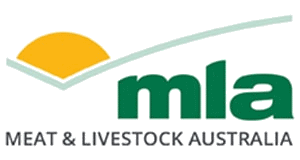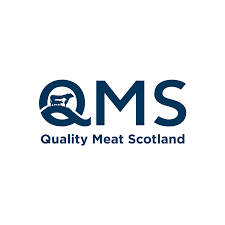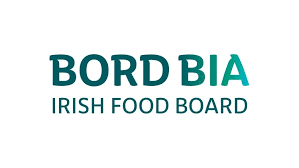Cattle market
The cattle market was mixed this week, with increases in the Heavy Steer and Processor Cow indicators. Yardings eased for most indicators except for the Feeder Steer and Restocker Yearling Steer, which lifted by 3,046 to 53,855 head.
The Feeder Steer Indicator eased by 9¢ to 681¢/kg liveweight (lwt), with yardings lifting by 37%. At Gunnedah, heavy feeder steers experienced a firm market, but due to quality-related changes, prices were mixed. At Wagga, heavy feeder steers were scarce, causing fewer buyers to bid strongly.
The Restocker Yearling Steer Indicator eased by 10¢ to 365¢/kg lwt. Positive pricing in NSW was supported by wet weather. At Tamworth, prices lifted by 32¢, motivated by strong restocker demand as we head into spring. In Queensland, due to mixed quality and conditions, prices eased by 14¢.
Sheep market
The sheep market has been generally positive this week for all indicators. The ease in yardings was largely driven by a reduction in lamb yardings by 9,145 head.
The Light Lamb Indicator lifted by 19¢ to 662¢/kg carcase weight (cwt), with yardings remaining relatively stable. Prices in most states eased, however NSW prices lifted by 33¢. Supply is tight in key saleyards as some lambs struggled to meet a fat score 2, making them cheaper compared to heavier weights.
The Restocker Lamb Indicator eased by 5¢ to 585¢/kg cwt, with mixed prices across states. A lift of 40¢ to 753¢/kg cwt occurred in NSW, while Victoria eased 54¢ to 444¢/kg cwt. In Victoria, the quality of supply has declined, with more secondary plainer lambs entering the market, resulting in throughput halving.
Slaughter
Week ending 23 August
Cattle slaughter lifted by 7,087 to 141,110 head. Throughout most states except Queensland, there was an ease in slaughter. Queensland slaughter lifted by 14% to 74,974 head, marking the largest weekly Queensland slaughter in the last four years. Weekly slaughter in 2024 continues to track 16% above 2023 slaughter indicating strong processing capacity.
Sheep and lamb slaughter eased by 33,771 to 534,070 head, notably from reductions in lamb slaughter from 21,741 to 391,411 head. This ease in lamb slaughter has been due to multiple processor shutdowns in SA. NSW lamb slaughter eased by 3,308 head a 16% decline compared to a year ago, while sheep slaughter eased by 12,030 to 142,659 head. Victorian slaughter eased by 16,305 head, a 31% drop from last week. There were moderate lifts in slaughter seen in NSW, Tasmania and WA.
MLA




